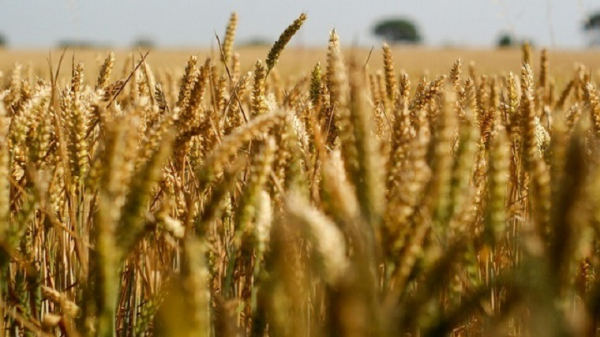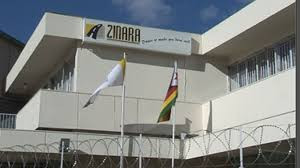
BY FIDELITY MHLANGA
THE Zimbabwe Commercial Farmers Union (ZCFU) says preparations for the winter wheat season are behind schedule with less than a tenth of the planned hectarage planted.
At least 70 000 hectares are this year planned to be under wheat production with output expected to be around 350 000 tonnes.
“In the meantime preparations are going on, planting is going on. Everything being equal, planting was supposed to be finished by the second week of May. We are behind schedule as it stands; only 6 000 hectares has been planted. It is encouraged that we plant in May. Buy next week most farmers should have it done,” ZCFU president, Shadreck Makombe said.
Makombe bemoaned the wheat price of ZWL$1 089,68 per tonne which is fast devaluing against the US dollar.
“As for the price, when it was announced it was fine. But due to the madness in our economy, farmers won’t be able to get anything. However, we believe that at the time of harvesting the economy would have stabilised. A farmer would need a constant price. We are caught between a rock and a hard place. We would prefer our price pegged in US dollars whose value does not easily fluctuate, but it seems it’s not possible. Farming is a commercial venture. The input costs override cost of farming. There is need for people to meet and talk. Our voices must be heard,” he said.
He added that under normal circumstances, the yield expected should be about six tonnes per hectare, but due to lack of resources, scarce underground water and power cuts it was not possible.
“The challenge is the Zimbabwe Electricity Supply Authority (Zesa).We need a lot of electricity and now Zesa is telling us they have a problem. There is a schedule of power availability which they should stick to, but they are failing to do so. There are challenges of transformers as well. Now farmers have gathered inputs, but the dilemma they are having is whether to plant or not. We were saying by this week we should have made progress,” Makombe said.
- Chamisa under fire over US$120K donation
- Mavhunga puts DeMbare into Chibuku quarterfinals
- Pension funds bet on Cabora Bassa oilfields
- Councils defy govt fire tender directive
Keep Reading
Zimbabwe last year produced 160 500 tonnes against a demand of 400 000 to 450 000 tonnes per annum.
The country spends about $80 million annually on wheat imports from mostly Canada, Russia and Ukraine.











